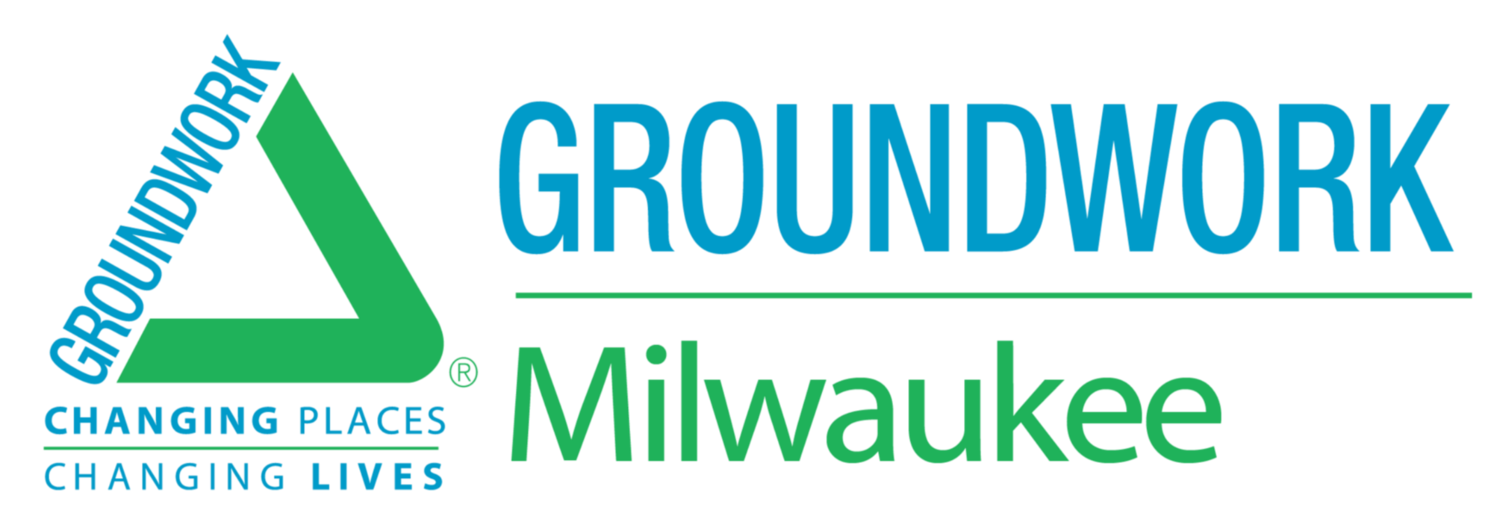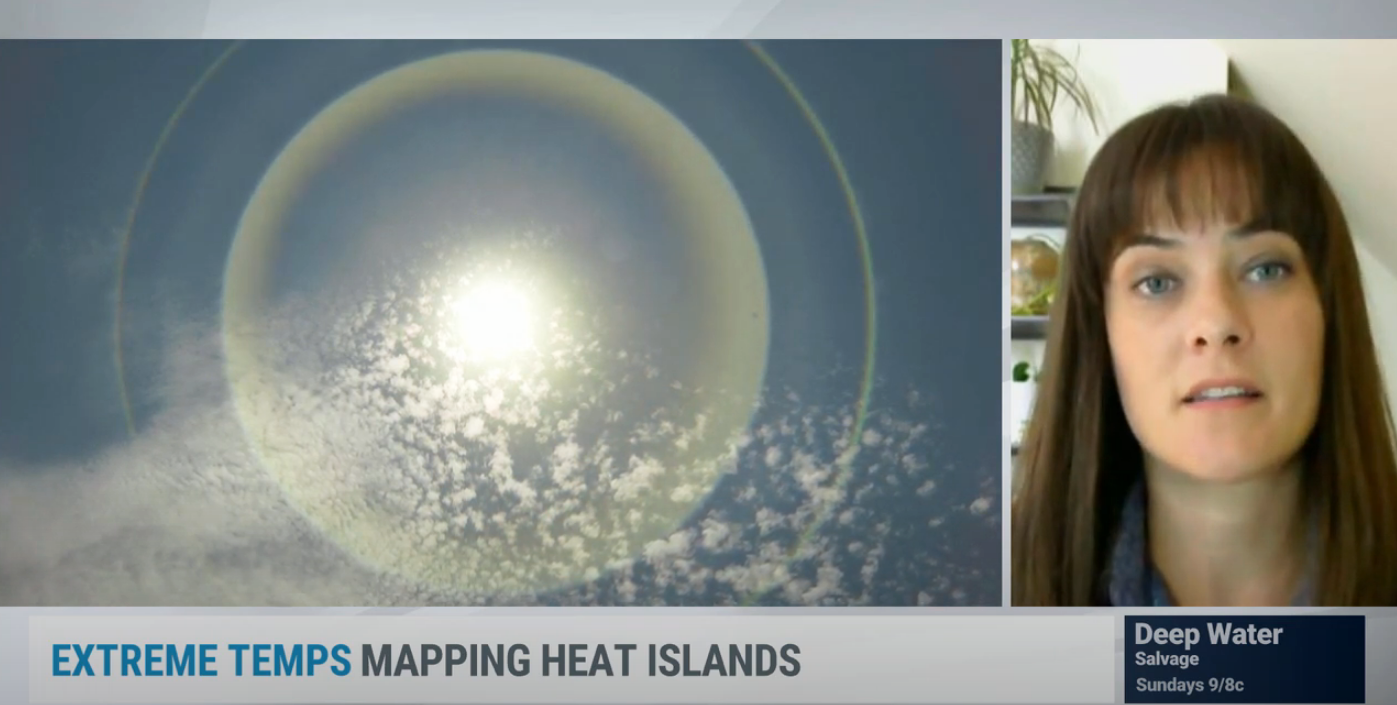Planting Trees to Offset the Legacy of Racist Housing Policies
Joe Purtell, Undark, August 16th, 2021
Undark magazine explores the relationship between urban green space and the legacy of redlining. The article focuses on Richmond, CA and features interviews with members of Groundwork Richmond. To aid the conversation, Climate Safe Neighborhoods maps prepared by Groundwork Milwaukee were included. View full article.
Racism is Magnifying the Deadly Impact of Rising City Heat
Nature, Alexandra Witze, July 14th, 2021
This article in Nature explores the relationship between institutional racism and the dangerous impacts of extreme heat events in American cities. Scientists are mapping correlations between race, poverty and heat in cities, and suggesting solutions to reduce the dangers. The article includes map layers created by Groundwork Milwaukee’s Deputy Director of GIS, Lawrence Hoffman, in his role as the lead GIS expert for Groundwork USA’s Climate Safe Neighborhoods initiative. View full story.
Climate Safe Neighborhoods Story Maps
Climate Safe Neighborhoods Homepage, April 13th, 2021
Over the past three years, Groundwork Milwaukee has been providing GIS support to the Climate Safe Neighborhood partnerships. A major part of this collaboration has been the construction of multi-media story maps that incorporate text, photos and maps to guide viewers through the equity-based climate resiliency work our colleagues around the country are undertaking in their communities. Yesterday, the final story map of the second cohort of Groundwork Trusts to participate in Climate Safe Neighborhoods was published. View the story maps on the Climate Safe Neighborhoods Homepage.
How Decades of Racist Housing Policy Left Neighborhoods Sweltering
New York Times, August 24th, 2020
This article in the New York Times explores how the legacy of redlining has left certain neighborhoods disproportionately vulnerable to extreme heat which is predicted to increase as the climate changes. Groundwork’s Climate Safe Neighborhoods project is referenced as an example of climate resiliency advocacy work. View full story.
The Link Between Racist Housing Policies of the Past and the Climate Risks of Today
Yale Climate Connections, March 18th, 2021
Groundwork USA, a network of environmental justice organizations, is exploring the connection between formerly redlined neighborhoods and the climate crisis today. As part of its Climate Safe Neighborhoods initiative, Groundwork overlaid historic redlining maps from nine U.S. cities with data about tree cover, heat, and impervious surfaces such as asphalt and concrete. All of the maps discussed in this interview were made by Groundwork Milwaukee. View full story.
Mapping Project Explores Links Between Historic Redlining and Future Climate Vulnerability
WBUR-Boston, March 6th, 2021
This story on Boston’s local NPR station, WBUR discusses Groundwork USA’s Climate Safe Neighborhoods efforts in the Lawrence, MA area. All of the maps discussed in this story were made by Groundwork Milwaukee! Learn more about Climate Safe Neighborhoods below. View full story.











